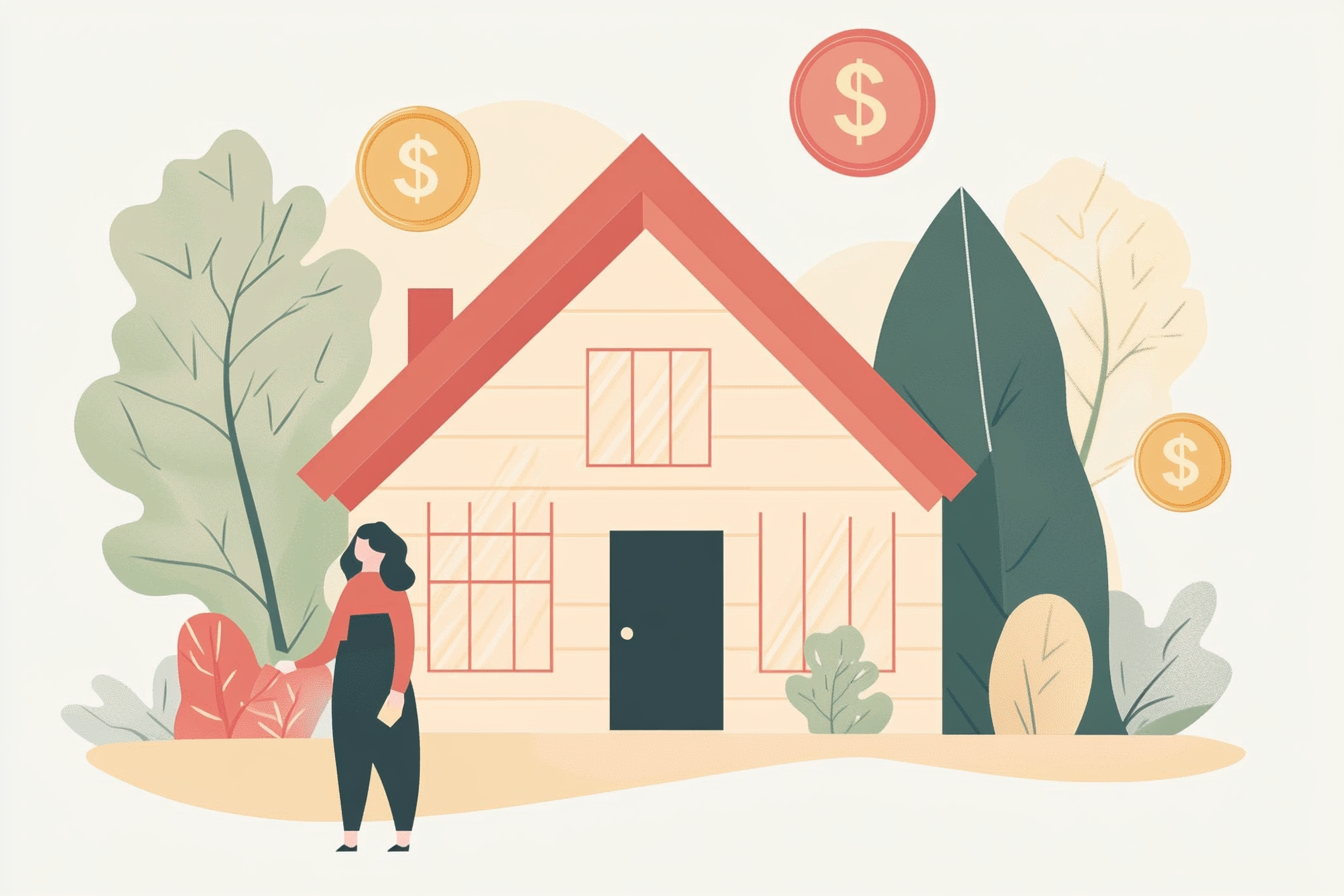Housing is likely the biggest expense in your monthly budget. Understanding your finances and determining the percentage of your income to allocate for rent or mortgage costs is essential for maintaining healthy finances. This guide will help you figure out how much you can afford.
How Much Of My Income Should Go Towards Housing Costs?
A general guideline is to spend 30% of your gross income on housing costs. However, this may vary depending on your financial situation. If your city has a high cost of living, you may need to free up more of your budget to pay for housing. Remember that the 30% estimate includes additional costs, such as property taxes and utilities. If you are looking to buy, use a mortgage calculator to estimate your total costs.
Using the 50/30/20 Budget Model
Another way to budget for housing costs is the popular 50/30/20 model. In this scenario, you start with your after-tax pay and spend 50% on needs, 30% on wants, and 20% on savings. You can use an online budget guide to compare your expenses with your income and determine if your current financial situation aligns with this model.
Select a budgeting method that suits you at the moment. If your monthly bills total more than 50% of your income, you will need to adjust how much you allocate for savings and wants, or find ways to lower your bills, such as getting a roommate to share rent costs. Some people find a 60/30/10 budget more realistic. You can also simply subtract all expenses except for housing from your take-home pay to find the figure you have left to spend on rent.
Factors That Affect Rent or Mortgage Costs

Where you live is also important when it comes to budgeting. You can often save money by living outside the city center. However, you must then include the cost of commuting to work, meeting up with friends, and attending classes and appointments.
Whether utilities are included will also affect the costs. If you are responsible for paying the utilities, find out the estimated monthly cost from the current homeowner or landlord. Remember, they will likely fluctuate by season. The property’s heating type is also important to know. Some, like electricity, you pay monthly. Others, like fuel oil, require a significantly higher payment to fill the tank, usually about two to four times per year. If you live in a cold area, you may need to fill the tank every couple of weeks. Larger homes, older homes, and those with poor insulation typically cost more to heat.
Another important consideration affecting both the cost of housing and the appeal of a potential property is the features it offers. When it comes to these, it can help to divide your wishlist into two sections. The must-haves are things you can’t live without. The nice-to-haves are not essential but would make the home more appealing. For example, a location within walking distance to your place of work or a subway stop might be a must-have, while having your own laundry facilities in your unit could be a nice-to-have.
Cutting Costs to Allocate More Funds Toward Housing
If your current budget doesn’t allow you to afford housing in your area, there are some things you can do to free up more of your income. First, examine your budget and find non-essential expenses that you can cut. This could include streaming services, frequent dining out, ordering takeout, and other entertainment-related expenses. Next, look for ways to lower the bills you need to continue paying. Try calling your internet, cell phone, and car insurance providers to ask about discounts and deals.
Recalculate your budget after making these adjustments. If you are still falling short of what you need to afford rent, you may need to consider looking for housing in a more affordable area or getting a roommate. You may find that a one-bedroom unit on your own is out of reach, but a two-bedroom unit with a roommate, or even a larger house with several housemates, is more feasible. Potential homebuyers may want to consider other neighborhoods, think about buying in a lower-cost city, or look for a smaller and more affordable home.
Know Your Credit Standing
Whether you want to rent or buy, having a good credit score is essential to qualify for the best deals, especially if you’re looking to secure the best rates. Know your credit score and history before you start searching for housing. You can access your credit report for free, and even stay updated on your changing credit score by signing up for an online service like Credit Karma that offers credit monitoring to inform you of changes.
Finding a place to live that you love and that’s also affordable can seem challenging, but it’s possible if you know your financial situation and take your time to look around for good deals. The most important thing is to remember to stay within your allocated housing budget. A one-size-fits-all budget strategy, such as the 30% rule or the 50/30/20 method, can serve as a helpful general guideline; however, it’s essential to consider your personal situation and make financial decisions that make sense for you.
You might also be interested in: Your Financial Guide for Every Month in 2025


